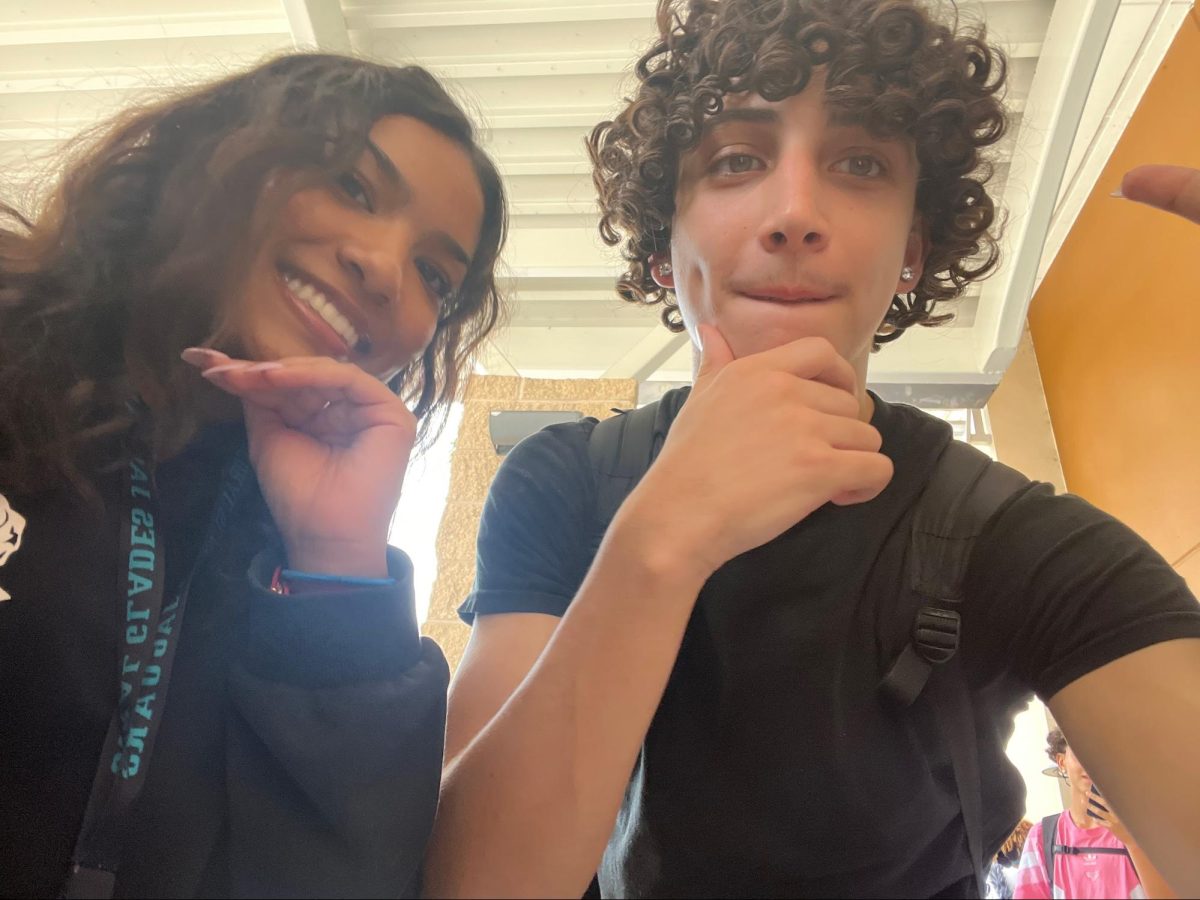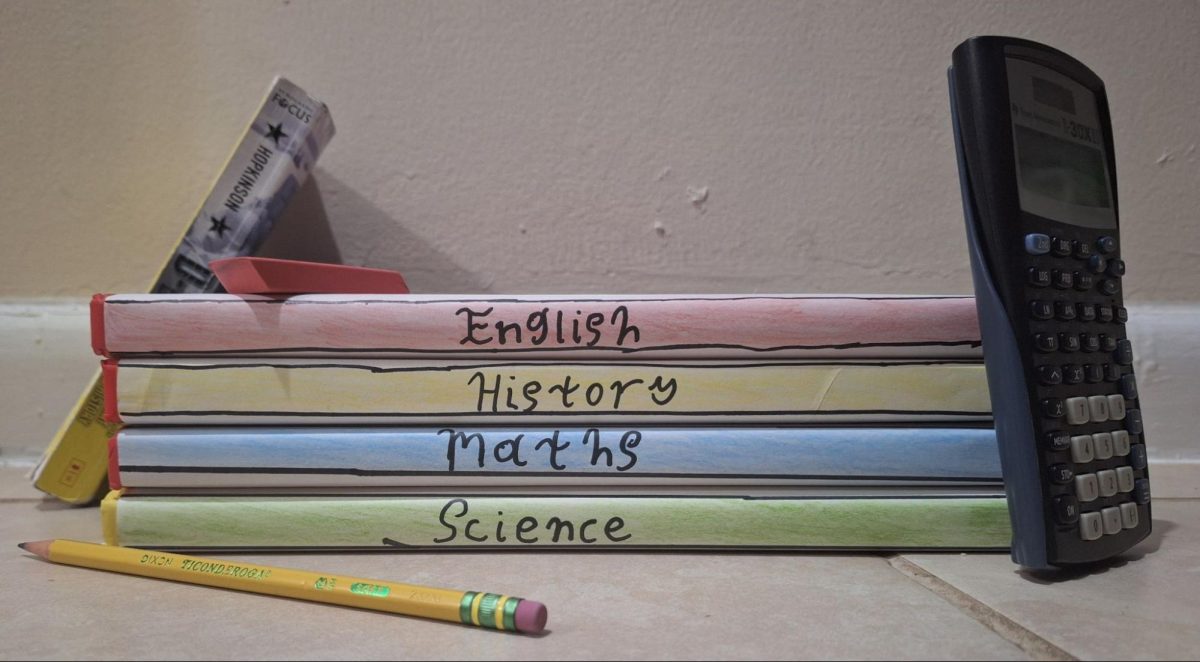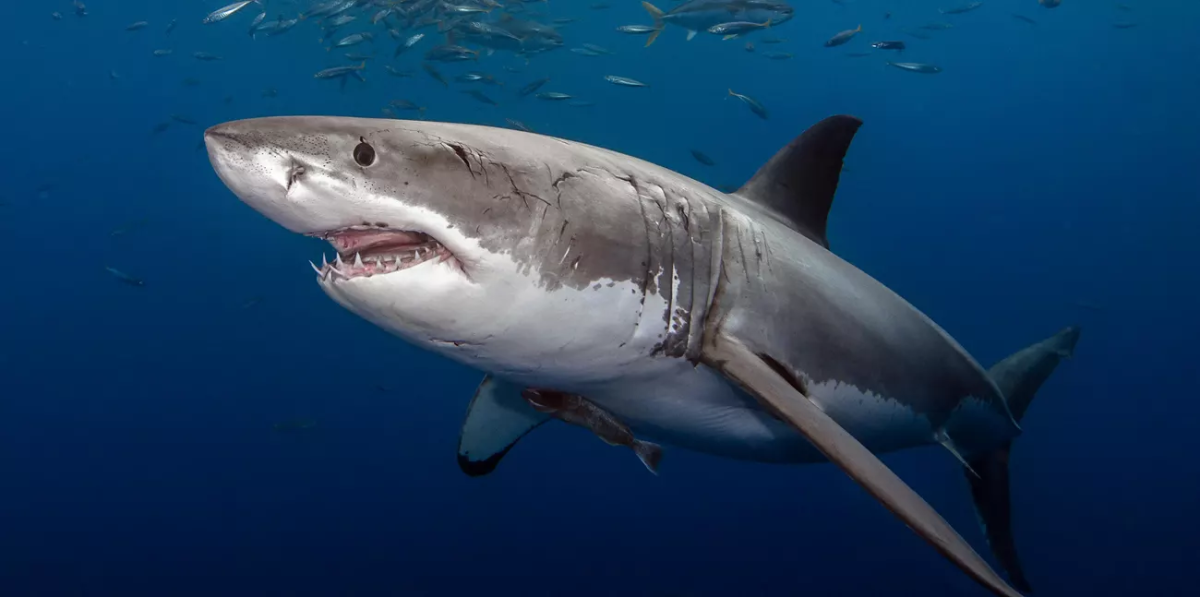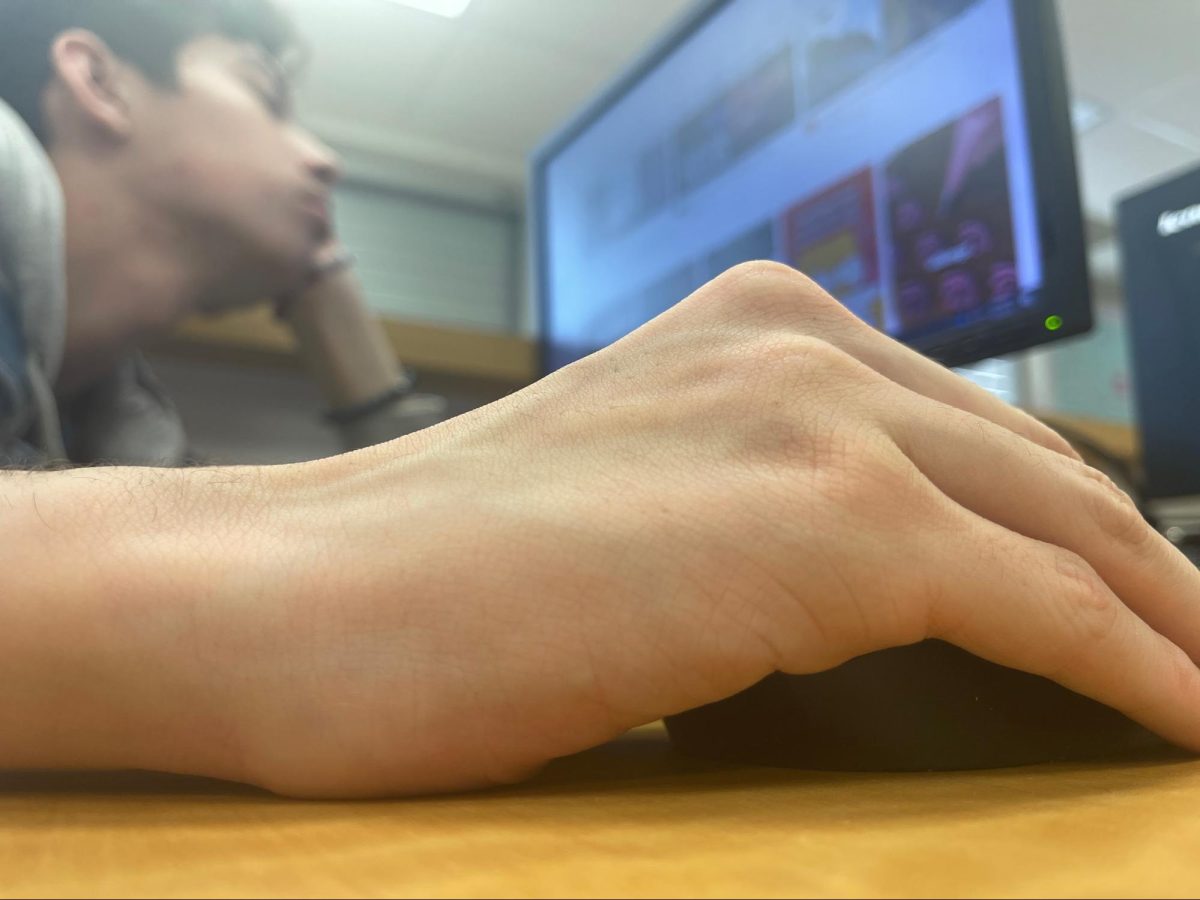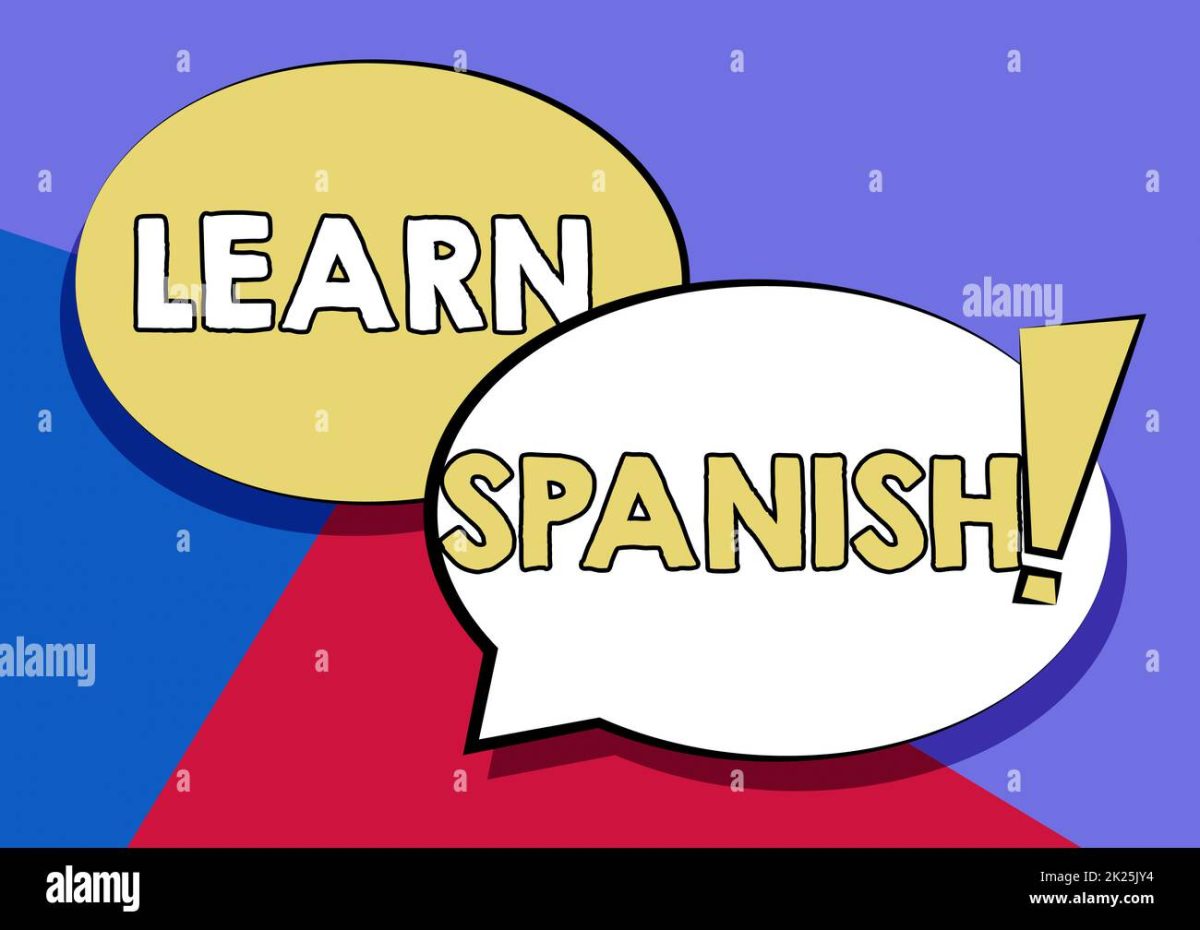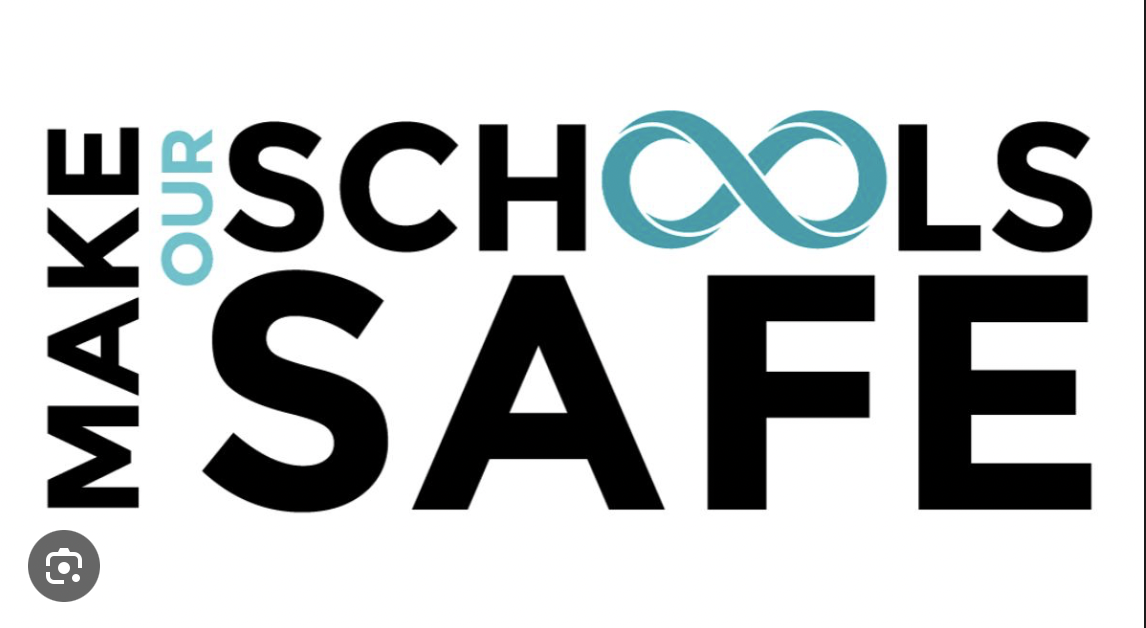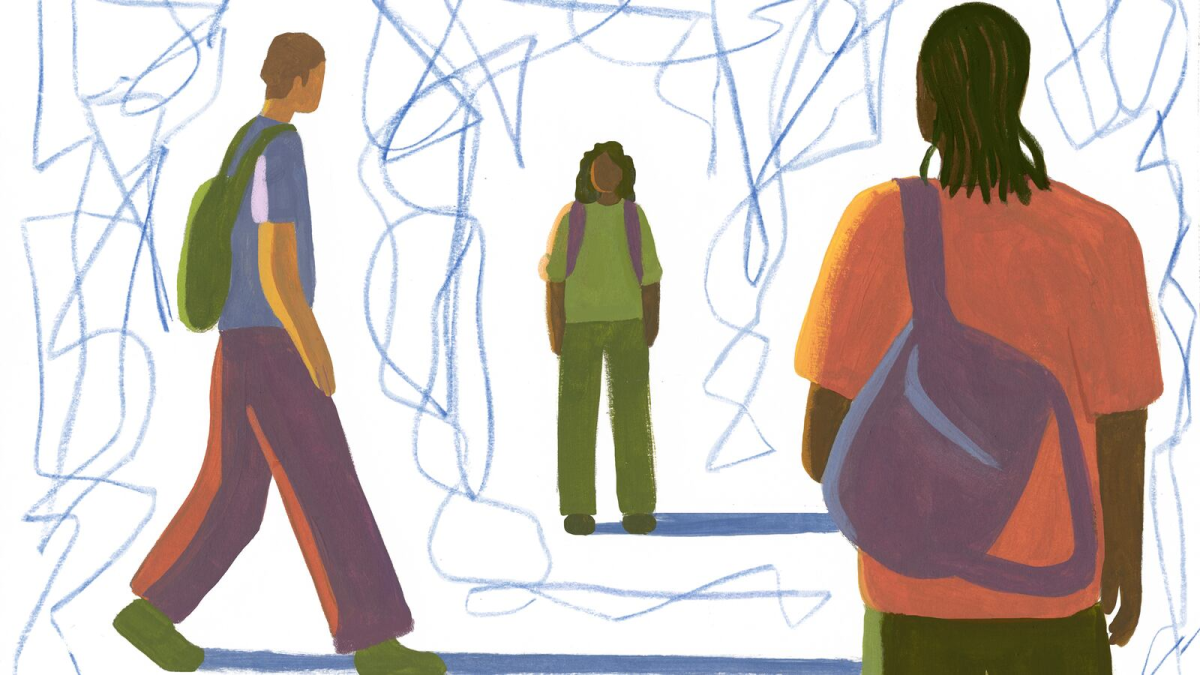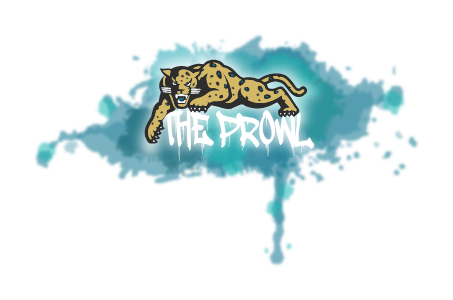Psychodynamic psychology? It sounds like a difficult topic, but really all it means is how past experiences relate and influence you today. Not as hard to understand.
There are many things that could have happened in your childhood that make a difference as to who you are today.
According to psychologists, the unconscious mind is created and driven by unconscious desires and decisions that were rooted in your childhood.
Many compulsive nervous behaviors presented in adults could be linked to a childhood incident. For example, if you bite your nails when you are anxious or nervous it is very possible that an anxiety-inducing event in your childhood could have caused this behavior.
Even things such as chronic anxiety and other neurotic behaviors can be traced back to childhood developmental issues.
Your unconscious mind plays one of not only the most important but also one of the most influential roles in your brain. It can have various effects on your behaviors and emotions. Along with this any conflicts you may have experienced within your childhood or the developmental stage of mind could as play an enormous role in your personality.
Situations during someone’s childhood that result in a defense mechanism can manifest as a different behavior in an adult.
For example, let’s use denial and intellectualization (removing emotions from responses).
Denial:
When denial is used as a coping mechanism as a child it could be presented as denying responsibility for one’s actions, or denying emotions to avoid dealing with uncomfortable situations. This form of behavior when transferred through adult life could look something like this. Refusing to acknowledge problems or minimizing their severity, avoiding conversations about issues they find difficult, justifying unhealthy habits, and many other things.
With this in mind, not all children who use denial as a coping mechanism continue to use this method as an adult. They may be able to halt self-destructive behavior as such before they become an adult.
Gabrielle Suarez, a freshman, told me about a time that made her change the way she thinks about situations today, “When my dad passed it made me realize to be more grateful for the people you have while they’re here.”
Intellectualization:
While intellectualization sounds like a complicated topic, the basis of it is removing emotions from responses. This could present in a child as logically explaining a parent’s divorce rather than say how they feel, or in the sense where bullying or teasing is involved, they may psychologically analyze the other child’s reasons for behaving that way rather than talking about how much it hurts them or how sad they are.
These behaviors could then manifest as a detached or unemotional sense when dealing with others, avoidance of emotional expression, excessive analysis of situations, dismissing emotions, and having a difficult time connecting emotionally.
People with these behaviors also appear very logical and fact-based. Once again children who use intellectualization as a defense mechanism may not grow up to be the same way. The same goes for adults who present these behaviors, they may have not used the same childhood coping mechanism.
Miranda Infante, a freshman, told me about how when things get difficult for her, how she deals with them, “I like to separate my mind into different sections, break the situation down to something that is easier for me to work through.”
Overall, there are many different ways that our childhood affects us today and farther down the line into the future. It is important to formulate good habits now so that when you are an adult you have already set yourself up for success.


